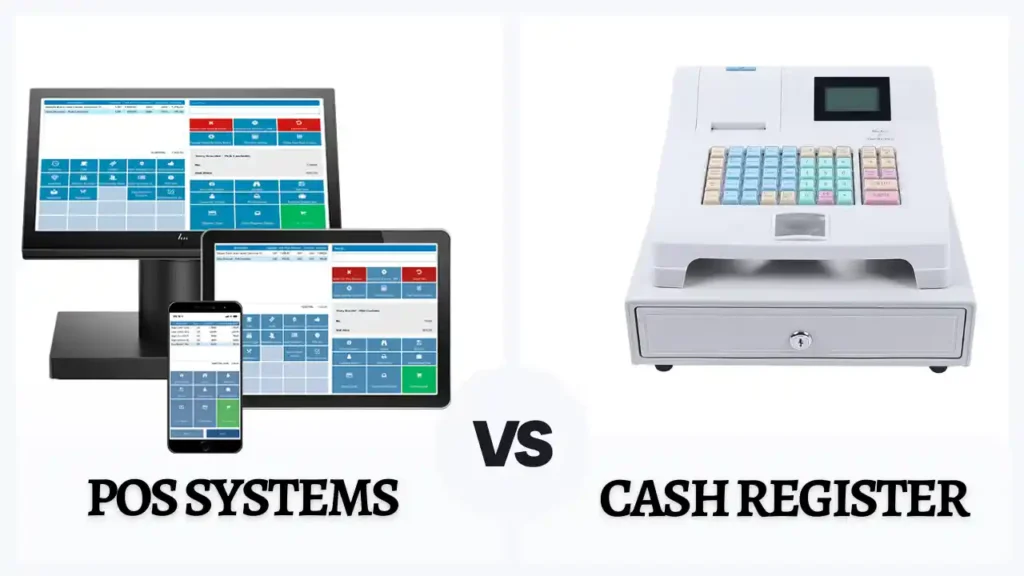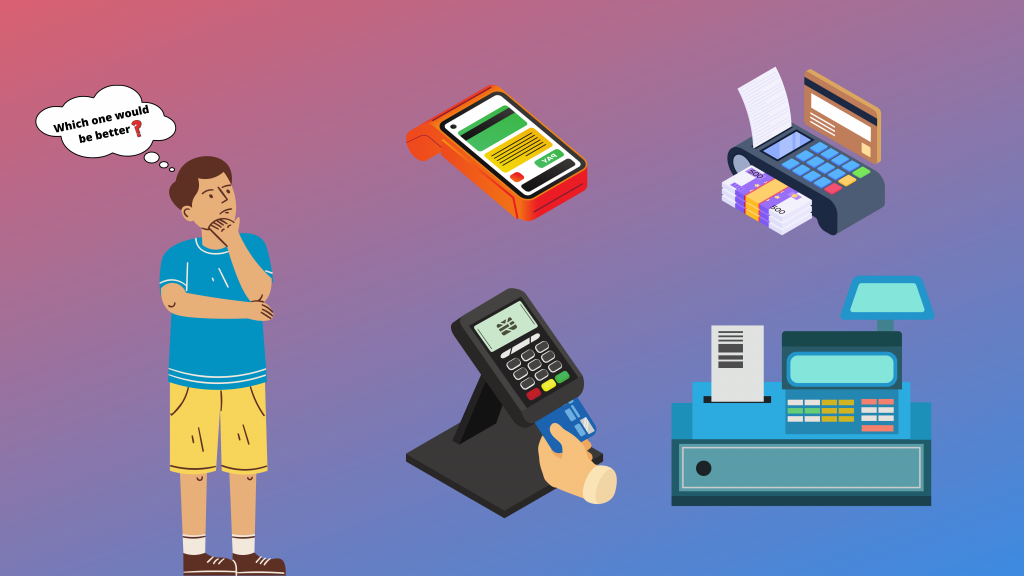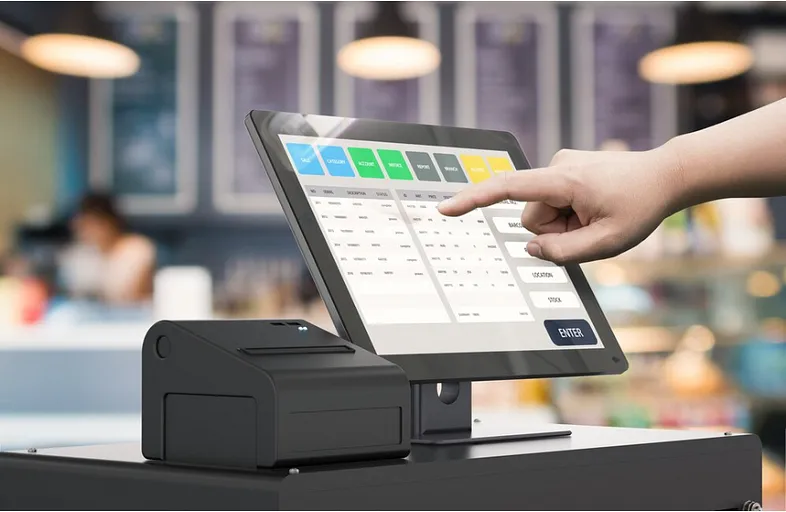POS Systems vs. Traditional Cash Registers: Which is Better?

In today’s fast-paced retail and hospitality environments, businesses face the crucial decision of choosing between modern POS (Point of Sale) systems and traditional cash registers. Both serve the fundamental purpose of handling sales transactions, but the differences between them can significantly impact a business’s efficiency, customer experience, and profitability. So, which one is better? Let’s break down the key factors to consider.
Functionality and Features
Traditional Cash Registers:
Traditional cash registers have been a staple in retail and restaurant settings for decades. Their primary function is to record sales, store cash, and print receipts. While they are straightforward to use and relatively inexpensive, their functionality is quite limited. Most traditional cash registers can only perform basic arithmetic operations, store limited product information, and require manual input for each transaction. For small businesses with a low volume of transactions and a limited product range, this simplicity can be sufficient. However, as businesses grow and evolve, the limitations of traditional cash registers become more apparent.
POS Systems:
In contrast, modern POS systems offer a comprehensive suite of features that go far beyond simple transaction processing. A POS system typically includes software that can manage inventory, track sales data, monitor employee performance, and even integrate with other business tools like accounting software or customer relationship management (CRM) systems. POS systems also support various payment methods, including credit cards, mobile payments, and digital wallets, providing a more flexible and customer-friendly experience.
Moreover, POS systems are often cloud-based, allowing business owners to access their data from anywhere with an internet connection. This feature is particularly valuable for businesses with multiple locations or for owners who want to monitor their operations remotely.
Cost Considerations
Traditional Cash Registers:
One of the main advantages of traditional cash registers is their cost-effectiveness. They are generally much cheaper to purchase upfront compared to a POS system. For small businesses or startups operating on a tight budget, this lower initial investment can be appealing. Additionally, traditional cash registers typically have lower ongoing costs, as they do not require software updates, subscriptions, or IT support.
POS Systems:
While POS systems usually have a higher upfront cost, including the hardware and software, they can offer better value in the long run. The efficiency gains, data insights, and automation provided by a POS system can lead to significant cost savings over time. For example, better inventory management can reduce waste, and detailed sales reports can help identify profitable trends, both of which contribute to a healthier bottom line. However, it’s important to factor in the ongoing costs, such as software licensing fees, payment processing fees, and potential IT support.
Also read: Emerging Trends in POS Technology Every Business Should Know
Scalability and Flexibility
Traditional Cash Registers:
Traditional cash registers are not particularly scalable. As a business grows, adding more registers can become cumbersome, and there’s no easy way to integrate them into a centralized system. This lack of scalability can hinder a business’s ability to expand efficiently.
POS Systems:
POS systems are designed with scalability in mind. Adding new terminals or locations is relatively straightforward, and all systems can be centrally managed. This scalability makes POS systems ideal for businesses with growth ambitions. Additionally, the flexibility of POS systems means they can be customized to meet the specific needs of different industries, whether it’s retail, hospitality, or service-based businesses.
Data and Reporting
Traditional Cash Registers:
Traditional cash registers offer limited data collection and reporting capabilities. They may provide basic sales reports, but detailed analysis or data-driven decision-making is generally not possible. This limitation can make it difficult for business owners to track performance trends, manage inventory effectively, or make informed strategic decisions.
POS Systems:
One of the standout features of POS systems is their ability to generate detailed reports and analytics. Sales data can be analyzed in real-time, giving business owners insights into what products are selling, peak sales times, employee performance, and more. This data-driven approach enables better decision-making and can lead to more efficient operations and increased profitability.
Conclusion: Which is Better?
The decision between a traditional cash register and a modern POS system ultimately depends on the specific needs of your business. If you run a small business with simple needs and a limited budget, a traditional cash register might be sufficient. However, for businesses looking to scale, improve efficiency, and leverage data to drive growth, investing in a POS system is likely the better choice.
POS systems offer a wealth of features that go beyond transaction processing, including inventory management, customer insights, and sales analytics. While the upfront cost is higher, the long-term benefits often outweigh the initial investment, making POS systems the superior option for most modern businesses.
Visit our site at www.dibtech.com.au
Visit our YouTube channel for tutorials Dibtech






